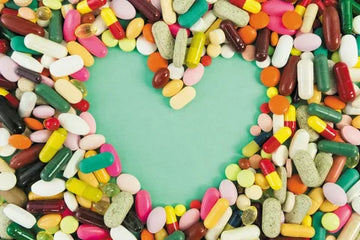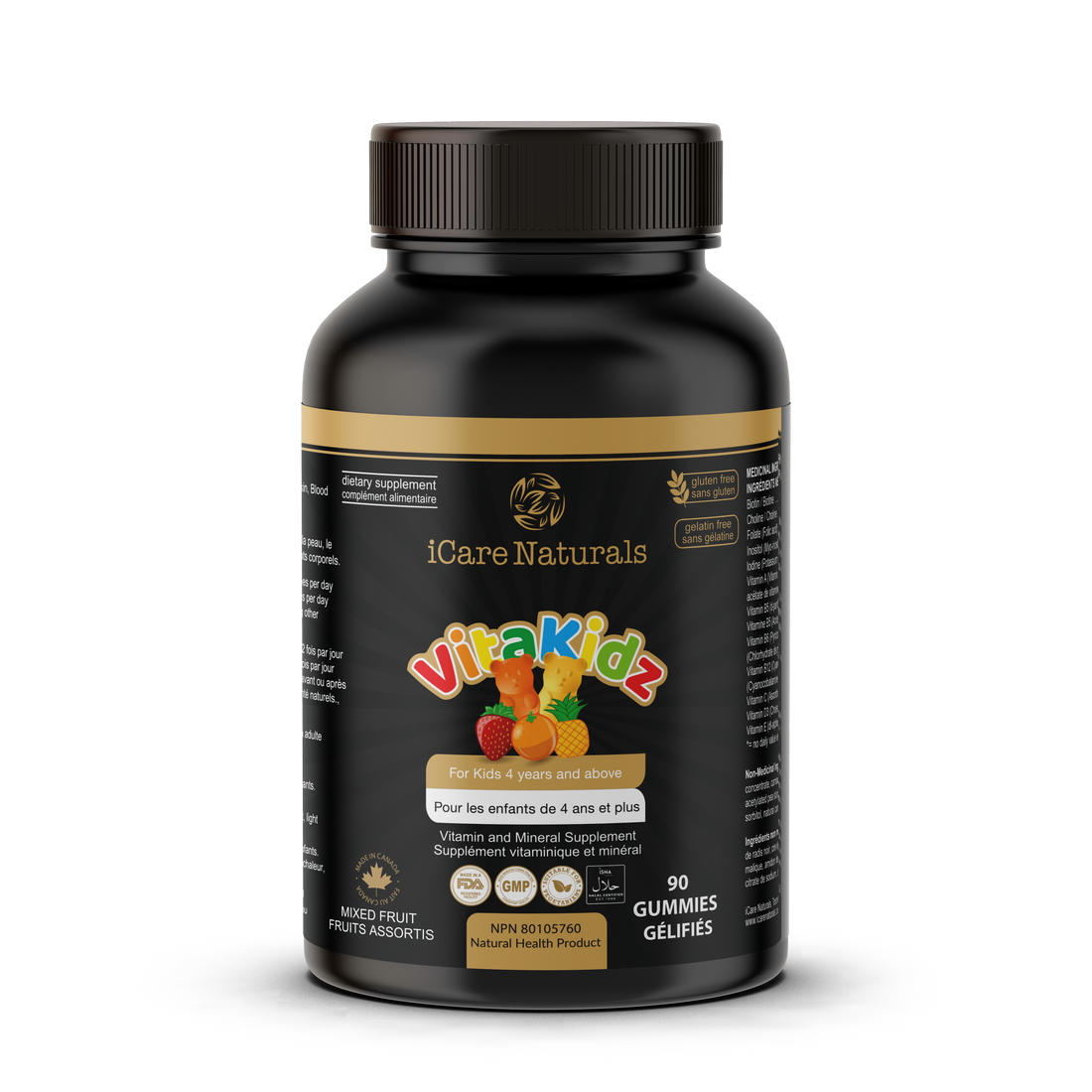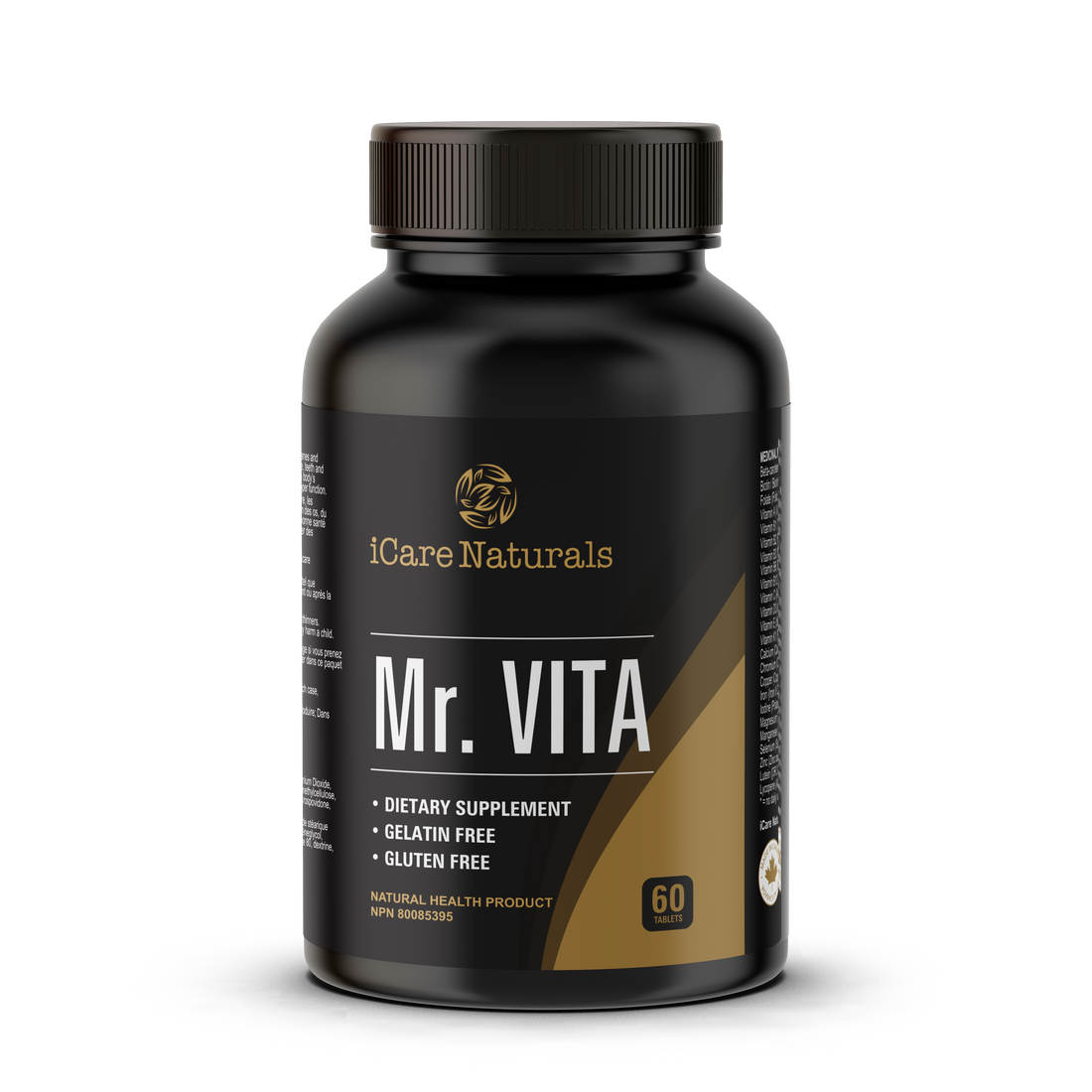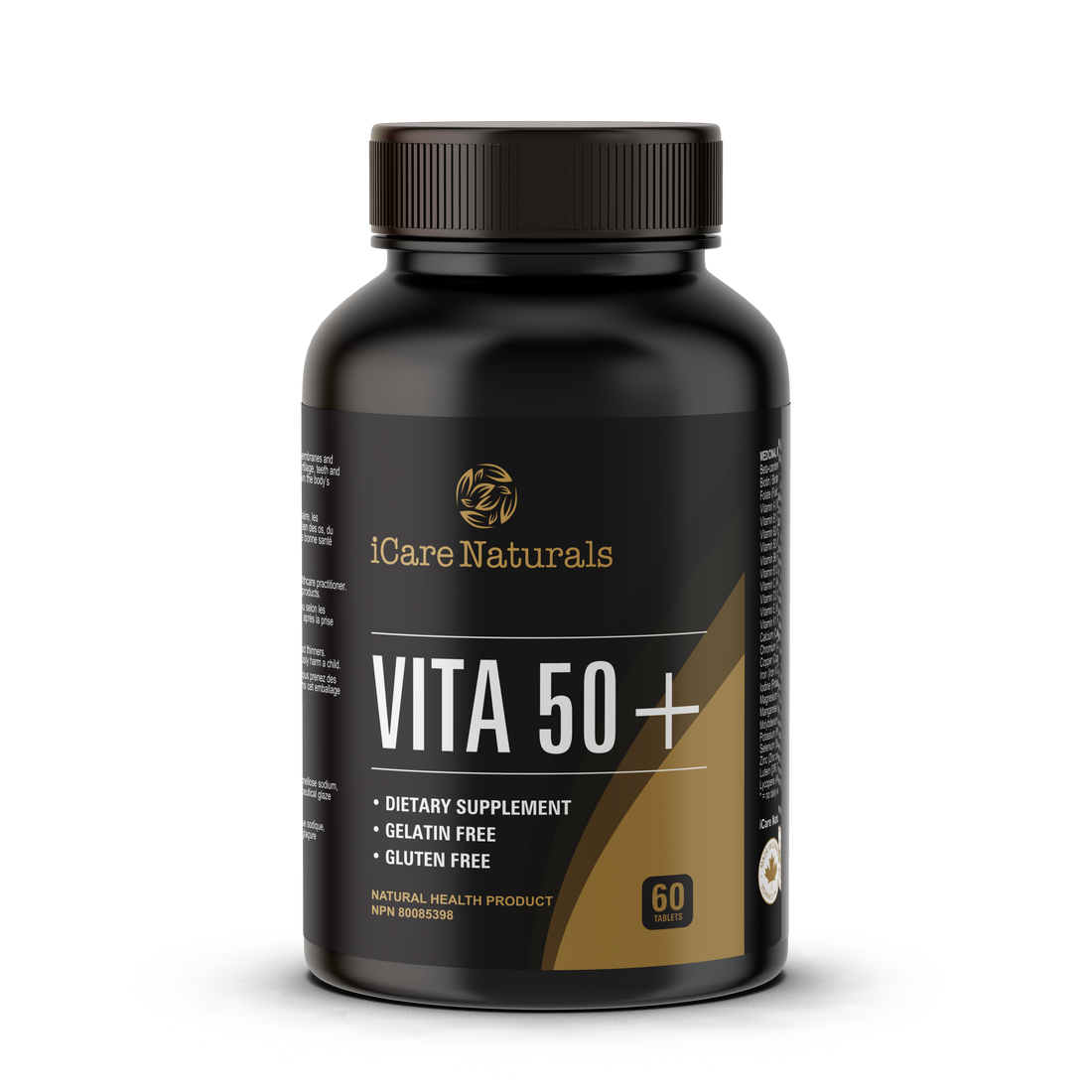There are over several vitamins and minerals that are needed in the human diet. Some of these vitamins and minerals are essential to the body, while others help support the immune system and fight off disease. Each vitamin and mineral in your diet performs different functions in your body.
They can be used to treat anemia or mental disorders such as depression, they also help keep your skin healthy by preventing wrinkles from forming over time. In addition, some vitamins have been shown to reduce the risks of cancer by lowering blood levels of certain hormones associated with cancer growth such as estrogen or testosterone levels.
The most important vitamins & minerals you should consume are:
Vitamin A

Vitamin A is important for good vision, healthy skin, and a healthy immune system. It also helps the body to grow and develop normally. Vitamin A is found in many foods such as carrots, sweet potatoes, and dark leafy greens. It can also be found in fortified foods such as dairy products or breakfast cereals.
If you're not getting enough of this vitamin through your diet, it's important to get enough vitamin A supplements or multivitamins and food with vitamin A every day.
Vitamin B6

Vitamin B6 is a water-soluble vitamin that is important for many bodily functions. Vitamin B6 helps the body make red blood cells, which carry oxygen throughout the body. It also helps convert carbohydrates into energy and is especially important for pregnant women because it supports their baby's brain development.
Vitamin B6 may help prevent heart disease and depression, and it might lower blood levels of cholesterol and homocysteine (a risk factor for heart disease). Vitamin B6 helps support proper nerve function in your brain, allowing you to think clearly and remember things better. If you have low levels of this vitamin, you might experience symptoms such as dementia or depression.
Vitamin B12

Vitamin B12 is a water-soluble vitamin that helps to maintain the structure of nerve tissues, produce genetic material and support healthy brain function. It's also necessary for converting food into energy in your bones and red blood cells.
You need 2.4 micrograms (mcg) of vitamin B12 each day, but it's difficult to get through diet alone — even those foods rich in this nutrient are unlikely to provide more than 1 mcg per serving. That's why many experts recommend taking a supplement or getting regular injections when you're deficient in the nutrient.
While some foods are fortified with extra amounts of vitamin B12, most only contain small amounts—virtually none of which come from animal sources like meat and milk products because they're processed at high temperatures during production before being added back into our diet as an added ingredient that contains little nutritional value besides helping promote healthy teeth and gums while providing other things like calcium or protein depending on what type you choose.
Calcium

Calcium is the most abundant mineral in the body and is necessary for proper muscle function, nerve transmission, and blood clotting. Calcium also supports bone growth and maintenance.
Calcium can be found in dairy products like milk, yogurt, cheese, and fortified tofu (as well as non-dairy sources such as kale). Supplements are available if you don't get enough calcium from your diet or if you're lactose intolerant or vegan. If you take calcium supplements without vitamin D3 the body will not be able to absorb it properly which could lead to negative side effects like kidney stones or constipation.
Fish oil

If you're looking to supplement your diet with fish oil, your best bet is to buy it in caplet form. The pills are easier to swallow than liquid capsules and offer the same benefits.
High-quality fish oil has 300 mg of EPA and 200 mg of DHA per serving—these are two types of omega-3 fatty acids that can help lower blood pressure and cholesterol levels, as well as decrease inflammation in the body. Take two or three caplets daily at lunchtime (or another time when you'll be eating), on an empty stomach for best results.
Iodine

Iodine is an essential trace mineral and essential for the production of thyroid hormones. Iodine deficiency can lead to goiter, hypothyroidism, and cretinism. Iodine deficiency affects about two billion people worldwide, especially in developing countries where there is a lack of iodine in the diet.
Circulation in the human body requires that sufficient amounts of iodine be available to produce thyroid hormones (triiodothyronine or T3), which play an important role in development, growth, and metabolism. Iodine is found primarily in seafood (e.g., fish), iodized salt, dairy products, and some vegetables.
Iron

Iron is an essential mineral that the body needs to transport oxygen from your lungs to cells throughout the body. It helps form red blood cells and carries oxygen through these cells. Iron deficiency is one of the most common nutritional deficiencies in children and women of childbearing age, according to the National Heart, Lung, and Blood Institute (NHLBI). In fact, according to data from the Centers for Disease Control and Prevention (CDC), more than half of all pregnant women are iron deficient.
Iron deficiency can cause fatigue and weakness as well as issues with cognitive function—so it's important to get enough every day! If you suspect that you may be deficient in iron because you're feeling tired often or experiencing other symptoms like dizziness when walking upstairs, consider taking an iron supplement such as ferrous sulfate tablets or liquid drops.
Potassium

Potassium is an essential mineral that helps control your blood pressure, raises your energy levels, and improves muscle strength and nerve function. Potassium is found in many foods such as fruits, vegetables, dairy products, and meat. You can also get extra potassium through supplements if you don't eat enough of these foods.
When you sweat during exercise or are exposed to heat that causes you to sweat heavily, it's important to replace the potassium that's lost so you don't experience muscle weakness or cramping. If you're taking medications such as diuretics or beta-blockers, which can cause excessive sweating (and therefore loss of minerals), it's even more important for you to replenish your body with additional sources of potassium.
Zinc

Zinc is an essential mineral that the body cannot produce. It's found in meat and dairy products and helps with wound healing, healing of infections and skin conditions, and boosting the immune system.
Zinc is especially important for men who are trying to get their testosterone levels back up after they've had surgery or radiation treatment.
Takeaway:
Vitamins and minerals can help a person stay healthy.
Vitamins and minerals can help a person stay healthy. They are essential for growth, development, and good health. The body does not make vitamins or minerals on its own, so they must be obtained through food sources Vitamins and minerals help you maintain good health by:
- Helping with the maintenance of your immune system.
- Helping to keep your bones strong and healthy so they don't become weak or brittle due to a lack of nutrients in the diet that prevents this from happening.










